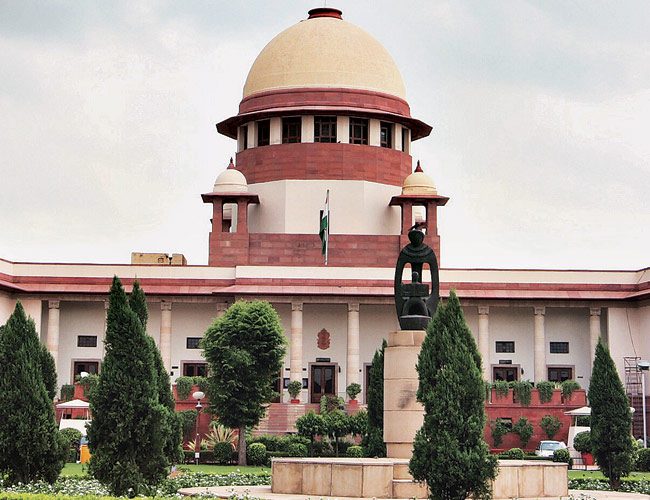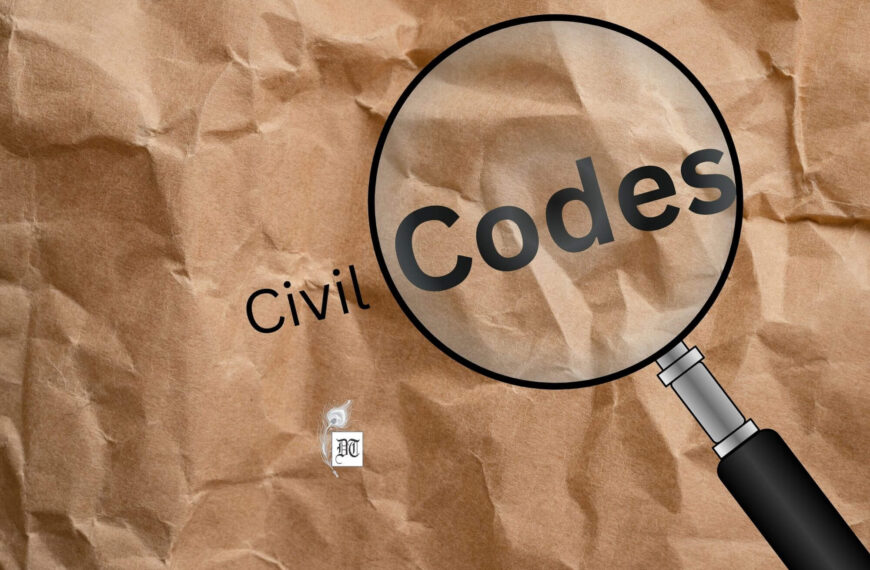If to exercise the basic rights of choice and intimate relationships, one has to knock on the doors of the highest court of the country every time, then the guarantees of gender justice have only remained on paper for most women in India. A report, for Different Truths.
Two recent decisions from the Supreme Court of India have emphasised consent at the centre of adult intimate relationships, irrespective of the marital status of the parties. In both cases, the Court focused on the personal freedom and autonomy of adult persons to live as per their desires with whomsoever they wanted to live with. Neither the State nor non-State actors like family have any right to interfere with such decisions if made out of free will. In one case, the daughter of a politician from Karnataka was forced into marriage by her family, and she then filed a habeas corpus petition in the Court seeking necessary reliefs.
After hearing her in person, and the fact that she was an adult, the Supreme Court noted that she was at liberty to proceed to anywhere she wished, and directed the family not to interfere in any manner with her life and also to give back all her documents. She was further at liberty to institute matrimonial proceedings against her forced marriage. [[X v Union of India, Writ Petition (Civil) No 327 of 2018, date of order: 07.05.2018].
In the course of the proceedings, the Petitioner had also challenged the validity of Sections 5(ii) and 7 of the Hindu Marriage Act, 1955, on the basis that the law did not require the parties to expressly state their consent to the marriage, but couched it the negative language of parties being incapable of giving consent due to unsoundness of mind, mental disorder or insanity. As such, there was no provision for the parties to positively assert that they are expressly consenting to the said marriage, thereby leaving room for the immense pressure being exercised by families over their children to agree to marriages against their own choice, particularly in the case of women. Though the Apex Court did not entertain the plea, and limited itself to the question of habeas in the present case, considering the number of cases coming to the Court on matters relating to freedom of choice and marriage, it would be no time when the Court would have to independently address the issue of express consent in marriage, or read the law accordingly.
In contrast, in another case of an appeal from a Kerala High Court judgment in a habeas case, where the parties were married to each other voluntarily, but at the time of marriage, the girl was 19 years old and the boy was 20 years old, and thus the latter was not of ‘marriageable age’, the Kerala High Court declared the marriage as ‘void’, and entrusted the custody of the ‘adult’ daughter to her father, similar to Hadiya’s case. Overturning the High Court decision, the Supreme Court categorically held that ‘two adult persons have a right to live together, even outside of wedlock’.
Reiterating the judgment in Shafin Jahan vs. Hadiya, the Court emphasised the importance of the right of choice of an adult person which the Constitution accords. At the same time, the Court held that if one of the parties was below the ‘marriageable age’, the marriage would be at maximum a ‘voidable marriage’, and not a ‘void’ marriage, i.e., void at the instance of one of the parties. Thus, allowing the appeal, the Court directed the daughter to live with whosoever she wanted to. [Nandakumar v State of Kerala, Criminal Appeal No. 597 of 2018, date of judgment: 20.04.2018]
In both these cases, one underlying strand is the issue of autonomy and freedom of adult persons to do as they wish and to be with who they want to be with, which is guaranteed by Articles 19 and 21 of the Constitution. But it is these freedoms and autonomy which are increasingly under attack in the recent times, despite all the rhetoric of ‘beti bachao beti padao’ of the current regime. In fact, the bogey of ‘love jihad’ has been raised so insidiously in many cases, including Hadiya, wherein she was in detention for almost 10 months, despite being a major, that woman’s consent and will are freely mauled at almost every given opportunity.
If to exercise the basic rights of choice and intimate relationships, one has to knock on the doors of the highest court of the country every time, then the guarantees of gender justice have only remained on paper for most women in India. In the horrific Kathua rape case, one saw how the gut-wrenching communal battles are being fought on women’s bodies, even on an 8-year-old’s body, which make everyday misogyny and violation of women’s consent much more acceptable and a routine affair in the nation’s psyche. There is no greater shame than that. One hopes that these recent decisions would go a long way in re-starting a conversation on women’s autonomy and freedom in a positive way, and not only from the prism of sexual violence and assault, which have happened in the recent past.
Amritananda Chakravorty
©IPA Service
Photo from the Internet





 By
By
 By
By
